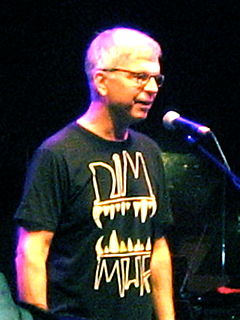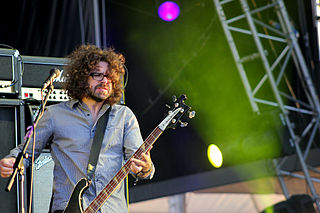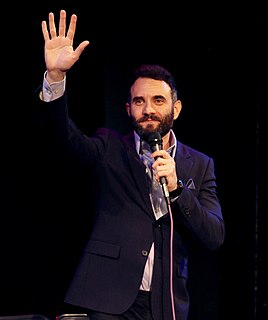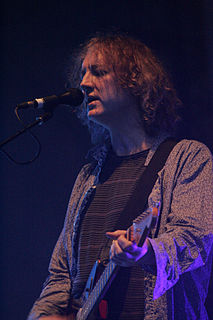A Quote by Adrian Younge
I don't have any computers in my studio, it's all analog tape. All analog tape, all old equipment, I mean my mics are like from the 60's and early 70's, everything in there is old.
Related Quotes
People who leave their cars on the street with tape covering their broken windows are obviously too trusting. I mean, when your car did have glass for a window, someone broke into it. How is tape any more of a deterrent? What are the thieves going to say? Ooh, that like looks like duct tape, we can't beat that. Let's look for one with scotch or masking.
A lot of musicians like to do the bass and the drums with analog and get that tape distortion that's really beautiful. As far as the digital world goes - it's all going to end up there anyway, but when you hear vinyl it does a different thing to you. Nowadays, people do CDs and then vinyl so it's everything goes; it's a such a beautiful world.
I had invented my own system, my own way of making electronic music at the San Francisco Tape Music Centre, and I was using what is now referred to as a classical electronic music studio, consisting of tube oscillators and patch bays. There were no mixers or synthesizers. So I managed to figure out how to make the oscillators sing. I used a tape delay system using two tape recorders and stringing the tape between the two tape machines and being able to configure the tracks coming back in different ways.

































